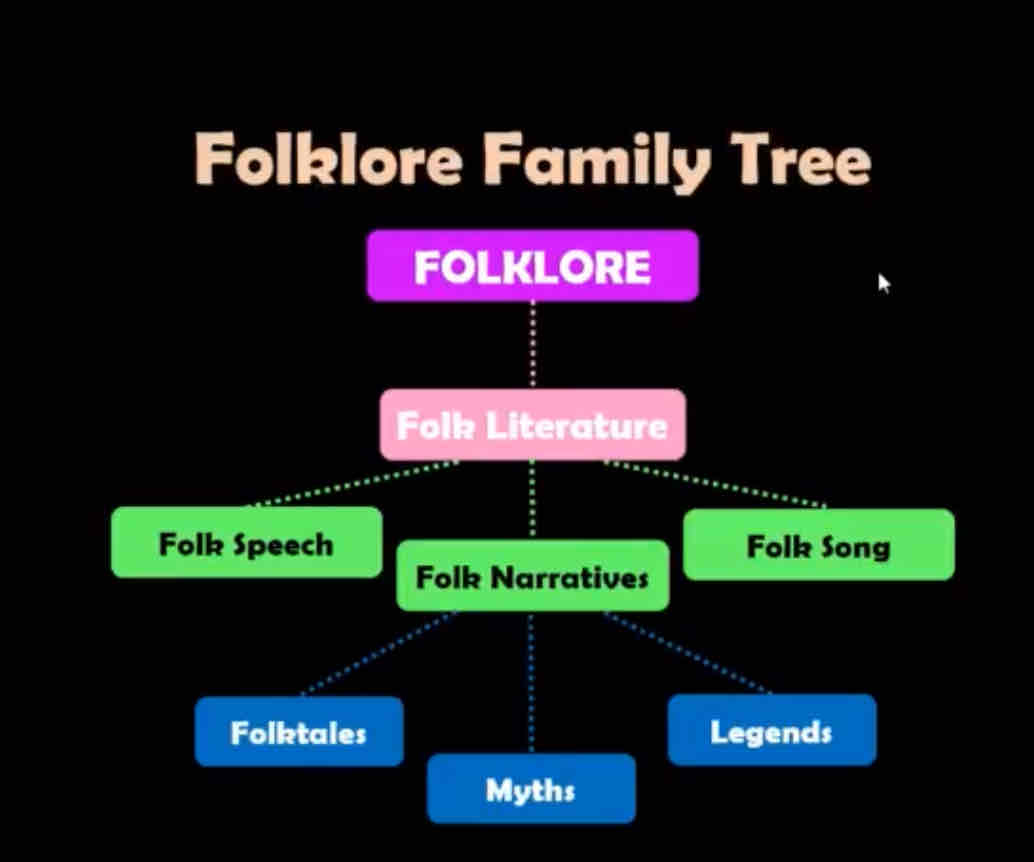4 - PH Superstitions & Folklores
1/41
There's no tags or description
Looks like no tags are added yet.
Name | Mastery | Learn | Test | Matching | Spaced |
|---|
No study sessions yet.
42 Terms
Superstitions
beliefs that run counter to rational thought / are inconsistent with known laws of nature
Cultural & Personal
Superstitions can be classified as either _____&______ and are invoked either to bring good luck or fend off bad luck
Superstition
is the irrational belief that future events can be influenced or foretold by specific unrelated behaviors or occurances
certain groups of people
Superstitious beliefs are more common among _________ than others and vary from culture to culture
Doubtful
While most superstitions are harmless and even may be helpful in encouraging people to achieve goals, attributing results to an unrelated cause if it leads to a lack of responsibility on the part of the person can be somewhat ______
Superstitio - to stand over in awe
The term Superstition is the thought derive form the Latin _______, means ______.
Superstes
The term is also related to the Latin word ______
Superstes
means outliving / surviving
earliest days of humanity
Many believe that superstitious beliefs originated during the ___________.
the ignorance & fear of the unknown
The earliest superstitions were created as a way to deal with what?
Chance misfortunes
___________ could be ascribed a cause, and the potential to avoid or control them was created.
Causal coincidence
Often, superstitions are born from ______________.
Superstitions
_______ can also be learned behaviors.
Observational learning process
The true origins of certain superstitions can be centuries old, having been passed down from generation to generation through such an _______ ________ _______
BF Skinner
A behavioral psychologist known for his experiments using the famed “Skinner Box” (1947)
Skinner Box
a published research on the behavior of pigeons in which he observed what he termed “superstitious” behavior
rituals
Skinner suggested that the pigeons believed that they were influencing the automatic mechanism with their “_____
the experiment shed light on human behavior
True
T OR F.
Later studies by other psychologists failed to replicate Skinner’s results and disputed Skinner’s “superstition” explanation for the behaviors he recorded.
True
Instead, it appeared that the behavior of his pigeons could be accounted for by the natural hunting behaviors of the species he used as text subjects, T OR F
Triskaidekaphobia
Numbers are often given power. In Western cultures the fear of “unlucky” number 13 is called?
tetraphobia
In Eastern countries like China, Japan, & Korea, ________, fear of number 4 is common, instead, possibly because of the similarity in the pronunciation of the word four & the word death
Mirrors
______ have often been the subject of superstition. Many cultures have believed that ____ were capable of trapping the soul
Northern India
In _______ ____, It was believed that looking into the mirrors of a house you were visiting could cause part of your soul to be trapped in the house when you left, opening you up to manipulation by the owner of the mirror
Black cats are unlucky
Spoon & Fork
Twin banana
Give me Superstitions in the Philippines (3)
promotes fatalism
dangerous or fatal
Individual becomes narrow minded
hinders development of community
Consequences of following superstitious beliefs (4)
Dr. Damiana Eugenio
a renowned Filipina folklorist, says there is still no universally accepted definition of the word “folklore”
Folklore
But any bit of knowledge handed down from generation to generation, which describes or depicts the beliefs & lifestyle of the ancestors of a chosen ethnic group, is rendered UNIQUE to that group and is respected as _________.
Folklore
____ can contain religious or mythic elements, equally concerns itself with the sometimes mundane traditions of everyday life
Folklore
It consists of legends, music, oral history, proverbs, jokes, popular beliefs, fairy tales & customs that are the traditions of that culture.

Folklore Family Tree
Figurative
Folklore can be used to accurate describe a ______ narrative which has no sacred or religious content
Jungian
In the ______ view, which is but one method of analysis, it may instead pertain to unconscious psychological patterns, instincts or archetypes of the mind
psychological issues
These folktales may or may not emerge from a religious tradition but nevertheless speak to deep _______ ____
Nature of the teller
There can be both a moral and psychological scope to the work, as well as entertainment value, depending upon the _____ of the ____, the style of the telling, the ages of audience , and overall context of performance
William Bascom
Folklorist ______ ______, states that folklore has many cultural aspects, such as allowing for escape from societal consequences
Validate
Folklore can also serve to _____ a culture (romantic nationalism), as well as transmit a culture’s morals & values
TRUE
Folklore can also be the root of many cultural types of music. TRUE OR FALSE
Myth
a powerful tradition story that a culture uses to unfold its own worldview and beliefs or its explanation for natural phenomenon (geological psychological)
gods
Myth focuses on the lives and ways of the ___ and may be treated as sacred fact by the people telling them.
human chronology
Myths are set in the remote past, a vague time outside ____ ________, often in a world different from the one familiar to the culture‘s own
Myth
It explains a society and its concerns and values to itself
provide models of behavior in times of crisis
TRUE
TRUE OR FALSE.
Myths NEVER have authors, we just inherit later literary versions of the stories.